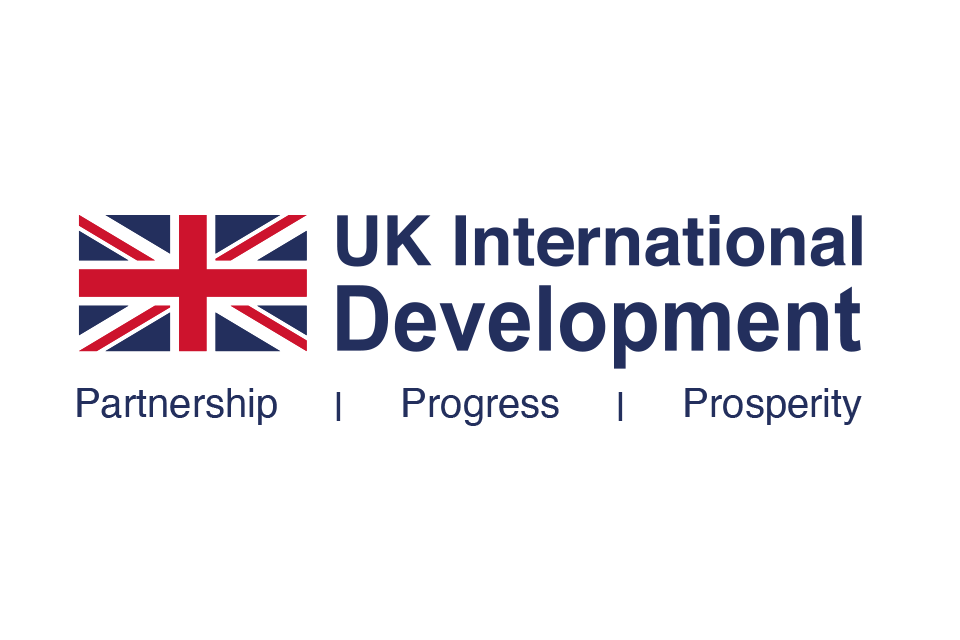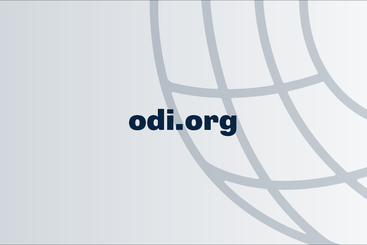State Parties to the African Continental Free Trade Area (AfCFTA) are expected to formally adopt the Agreement’s Intellectual Property Protocol in 2023. Traded goods and services can embody technologies and works protected under intellectual property (IP) regimes. To this day, there exists a gender gap in international property rights in Africa: women are thought to be disproportionately underrepresented in IP filings.
Women entrepreneurs and artisans’ ability to exercise their rights to IP protection links back to women having the economic resources and legal capacity to have their artistic and scientific creativity protected. In this briefing note, we explore how the ramifications of the barriers and constraints to women fully reaping the benefits of IP protection for their trade touch issues related to gender norms as well as capacity-building issues, among others. We argue that access to IP protection for women is currently constrained by a number of factors, including the characteristics of women-owned enterprises, systemic bottlenecks and problematic social norms.
We suggest how women’s economic empowerment as an objective could be embedded in countries’ national AfCFTA implementation strategies, which raises questions around capacity-building logics, gender budgeting and coordinated governance for IP rights.
For more information on our AfCFTA work, visit our programme page: Supporting Investment and Trade in Africa.




